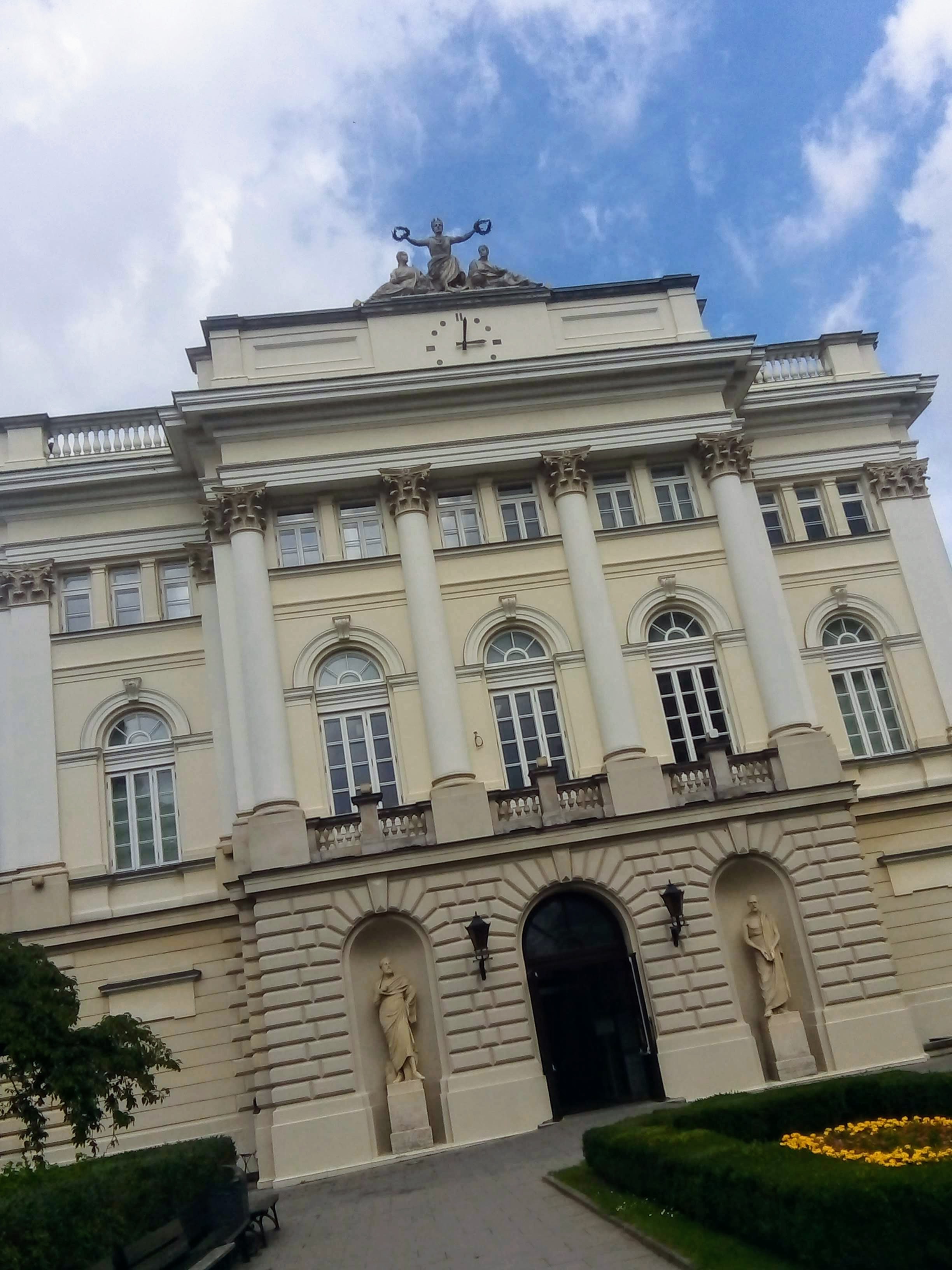
August 22, 2018, by lzzeb
Mobility and the archive
David Beckingham reflects on the sessions he co-organised at the 17th International Conference of Historical Geographers (ICHG), held in the Polish capital Warsaw
Conferences such as the ICHG are an important opportunity to present ideas, and to find points of connection and contrast in our research. With colleagues I coordinated two panel sessions exploring the theme of mobility and the archive. Going to archives is our fieldwork. These places – often called repositories – contain some of our most important research data. We wanted to ask how archive sources reflect, speak of, shape or silence mobility.
This can be done at different scales. We can ask how records have been moved around and between institutions, and in certain cases even countries. Ben Thorpe (Nottingham) told us of the capture and removal of the Viennese archives of the Pan-European Union. Thought by the institution’s founder to have been lost, the archive was the subject of an extraordinary unfolding power play: taken first by Nazi Germany and then later by the Soviet Union.
It is part and parcel of historical research to question the processes of selecting, organising and, indeed, even disposing of, material and how these have shaped the kinds of histories that have been and indeed can be told. Reading between the lines of official sources such as might be found in state archives, researchers have sought to recover other stories at different scales, the histories and geographies of too-often marginalised groups and individuals. This requires adaptable methods.
These challenges were highlighted by Catherine Sumnall (Cambridge) in her talk on the exceptionally high rates of historical illegitimacy in Austria’s Carinthia. Catherine relies on local scale parish registers, which recorded births, marriages and deaths. Their limited geographic scope coupled with the periodic nature of the entries makes it challenging to detail individual mobile lives but by carefully reading the details recorded in the registers – and indeed comparing them across different parishes – Catherine linked physical and social mobility to the area’s distinctive demographic history and geography.
Record keeping was a recurring theme across our sessions, as people might move only intermittently into the view of those producing them. This was, and indeed remains, not only a question for state officials but as James Kneale (UCL) showed in his talk, also for private businesses such as insurance companies keen to keep track of their customers. For these companies, policy documents and forms projected an important sense of authority. They also shaped the kind of knowledge that was collected.
My presentation investigated the work of bureaucracies in managing problem people: in my case a group of people treated under legislation called the Inebriates Act in early twentieth-century Scotland. I have been investigating how decisions were taken, and how they shaped the production of medical knowledge about insanity. In this way the files available in archives never simply recorded events: they were the way decisions were made.
Through her investigation of black lives in Australian prison records Caroline Bressey (UCL) highlighted the way record-keeping practices in historic prison systems produced racialized ideas of crime. As part of a broader project using photographic sources to recover the historical geographies of black men and women often silenced in other archival records, Caroline used these records of detention, of immobility, to identify black movement and life across the Pacific world.
Reading sources in these ways means paying close attention to the very systems that were used to create records in the first place. It means thinking about their material form, or materiality – how they were filled in, how they were exchanged, how they were filed, how likely they are to have survived. Two talks in our sessions expanded on this interest in materiality, and the mobility and exchange of objects, pushing us to consider the values of other kinds of historical evidence.
Philip Howell (Cambridge) traced the dispersal, after their deaths, of the worldly possessions of the poets Robert Browning and Elizabeth Barrett Browning from their home at Casa Guidi in Florence. Their possessions, so invested with their shared histories and feelings, were turned in to auction lots and sold in to the world. Nicola Thomas spoke movingly about a creative project she had participated in with colleagues at Exeter, sharing and writing about each other’s personal objects, some similarly invested with personal memories. If we consider the way we invest feelings and emotions in our belongings, then we might use a focus on the mobility of material things to think about emotion and value historically well beyond traditional archives.
I would like to thank my fellow panellists and our audience, Cheryl McGeachan (Glasgow) for offering to discuss the presentations, the School of Geography for supporting my attendance, and the ICHG organisers for providing such an excellent venue and conference format.
No comments yet, fill out a comment to be the first

Leave a Reply